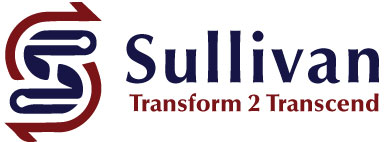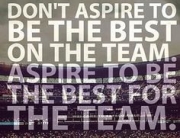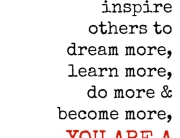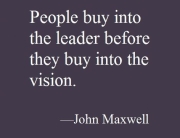Do you ever find yourself shying away from conflicts? You may be surprised to learn that this trait relates to leadership. One good leadership development skill is knowing how to handle difficult conversations. Rather than putting them off or avoiding them entirely, here are some tips to help you address conflict when tensions are high. These will help you make the most of your meetings at work.
What is your intended outcome?
Begin with the end in mind. Think about what you are trying to achieve with the meeting and make that the focus. This will avoid long-winded talks that waste time or become interminable. Similarly, if someone asks to meet with you, ask them to clarify the goal informally before the meeting, that there is a clear purpose of the conversation and you can prepare accordingly.This will help you and the others you are meeting with stay focused on the goal of the meeting and not get sidetracked.
Listen and Show Empathy
Sometimes what we initially perceive as conflict is really just someone expressing frustration. They may need to just vent, or need someone to talk about their problems out loud.They may not want a solution – or there may not be a realistic solution that you can provide. In these cases, listening without offering suggestions is the best approach. Sometimes empathizing can help resolve a conflict (without actually resolving anything).
Speak Deliberately
Silence during a contentious meeting often prompts us to fill the space with empty or meaningless words. This weakens the conversation and loses the focus of the conversation. When someone says something important, embrace the silence that follows. This will emphasize the importance of the words and give everyone a moment to internalize what was said. Before speaking, as yourself, is what I’m about to say helpful to the progression of this conversation? If the answer is no, it may be best to keep it to yourself for the time being.
Look past Emotions
It’s easy to react to strong emotions. This is not productive because it does not address the root cause of these emotions. Instead, use these emotions to empathize with the other person and help them realize that you are both on the same page – looking for a way to resolve the problem that lead to this difficult conversation.
Choose your Battles
Before a confrontation, decide what is worth fighting for. Sometimes letting the little things go helps preserve the relationship. This is the foundation for all future conflicts and will make greater gains in the long run.
Leadership Development
There is a common strand that runs through all of these suggestions – when you are faced with a difficult meeting, it is imperative that you enter it with a clear purpose and an expectation for how it will conclude. Leadership coaching will help you break through barriers, face your fears and clarify your goals in order to reach your full potential as a leader. Running an effective meeting at work is all about having a vision of where you want to go and how you intend to navigate the obstacles in getting there! Contact us to learn how we can help you!












Leave A Comment